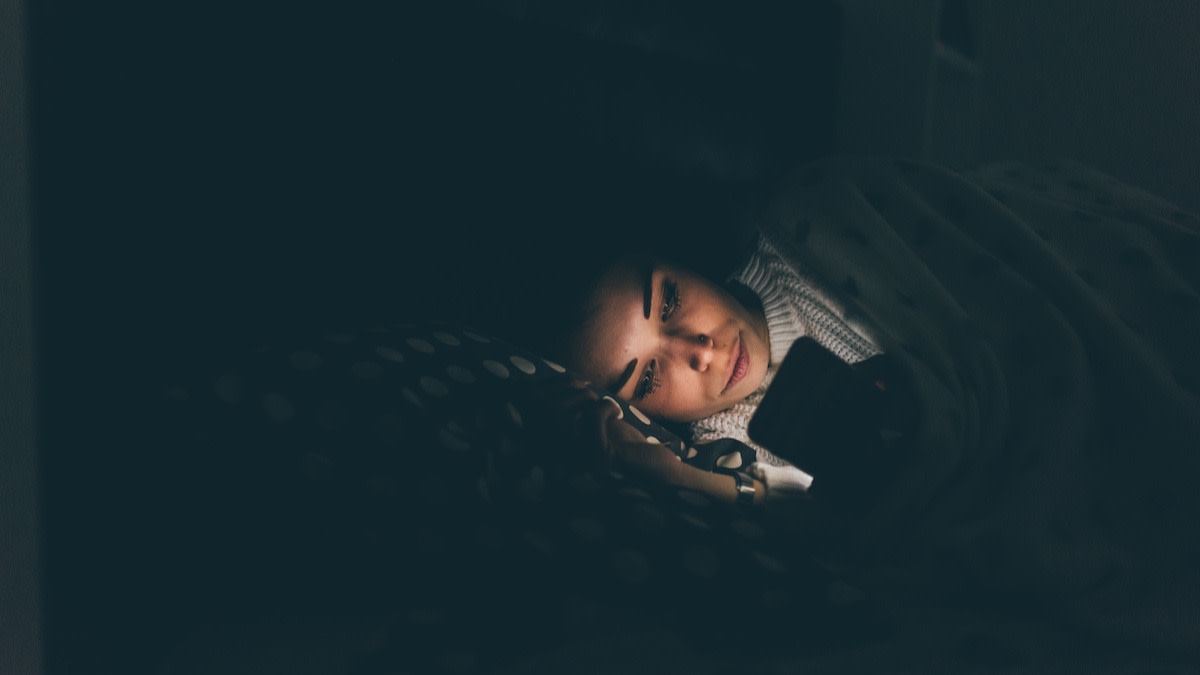Getting regular sleep promotes positive health, but inconsistent sleep patterns that result from insomnia can disrupt your sleep cycle and cause you to lose hours of sleep.
Learn From the Best
What Is Insomnia?
Insomnia is a relatively common sleep disorder that prevents you from getting a sufficient amount of sleep. In some cases, insomnia prevents sleep onset. In other cases, it stems from sleep disturbances that lead to poor sleep or the inability to fall back asleep after waking in the middle of the night.
Insomnia is a medical condition that may incur side effects including daytime sleepiness, irritability, and compromised mental health. In some cases, the effects of insomnia can lead to further insomnia, as anxiety about risk factors prevents people from falling asleep.
5 Types of Insomnia
Several different types of insomnia can cause sleep restrictions in children, adults, and older adults. These types include:
- 1. Chronic insomnia: Chronic insomnia is diminished sleep that emerges at least three days per week for at least a month. Its prevalence is most common in those with physical or mental health difficulties, ranging from sleep apnea to depression. In these cases, individuals may experience secondary insomnia (or comorbid insomnia), a type of insomnia that occurs as a side effect of another condition. Other sufferers experience primary insomnia—meaning it is a person's primary issue and not a side effect.
- 2. Acute insomnia: Also known as adjustment insomnia, acute insomnia is a reduction in sleep time that results from common causes like jet lag, an unfamiliar bed or bed partner, environmental factors like light and noise, and new medications. It is considered short-term insomnia and typically resolves on its own or with improved sleep hygiene. Acute insomnia brought on by grief could transition into chronic insomnia.
- 3. Onset insomnia: This subtype of insomnia is a sleep problem that specifically prevents people from falling asleep. It may result from mental difficulties such as depression or physical issues, such as high blood pressure or restless leg syndrome. Onset insomnia may be treated in the short-term with over-the-counter sleep aids or sleeping pills in accordance with a doctor’s medical advice.
- 4. Maintenance insomnia: Some people can fall asleep relatively easily, but they suffer from poor quality sleep that causes them to wake up and have trouble falling back asleep. This type of sleep impairment can come from inconsistent sleep habits, such as shifting bedtimes earlier and later. It can also come from physical ailments like restless leg syndrome.
- 5. Behavioral insomnia of childhood (BIC): Approximately one quarter of children experience some form of behavioral insomnia and have trouble sleeping. In some cases, children become dependent on the presence of a parent or loved one to fall asleep and must be weaned off the habit. Other children with inconsistent sleep schedules may experience diminished sleep quality.
Want to Learn More About Catching Those Elusive Zs?
Saw some of the best darn logs of your life with a MasterClass Annual Membership and exclusive instructional videos from Dr. Matthew Walker, the author of Why We Sleep and the founder-director of the Center for Human Sleep Science at the University of California, Berkeley. Between Matthew’s tips for optimal snoozing and info on discovering your body’s ideal rhythms, you’ll be sleeping more deeply in no time.
